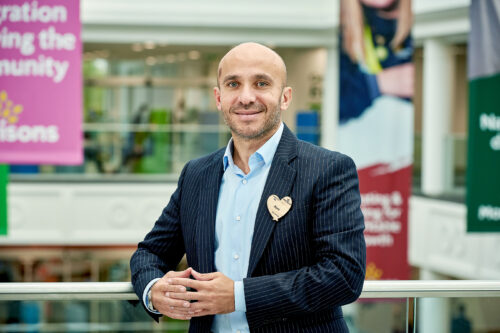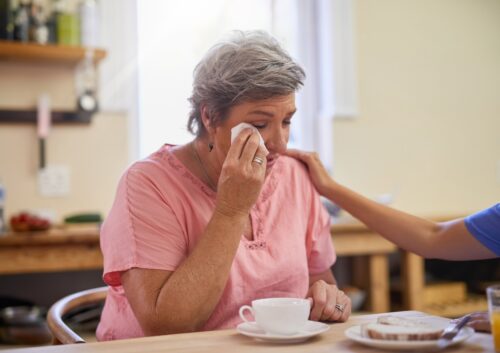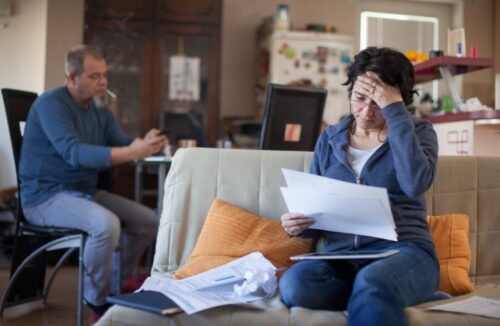What is domestic abuse?
Domestic abuse is generally defined as incidents of controlling, coercive, threatening and violent behaviour between individuals that have been in an intimate relationship, including family members. It can affect women, men and children.
What are the different forms of domestic abuse?
Psychological abuse
This can include derogatory name-calling, threats, manipulation, transferring blame for the abuse onto the individual being harmed and gas-lighting, psychological or emotional abuse can range from belittling comments and put downs to accusations. This kind of abuse can lead the victim to believe imagining things.
Economic abuse – controlling access to money or resources. An abuser may control an individual’s access to money or resources by taking wages, preventing someone from working or putting them in debt. If someone is controlling or misusing an individual’s money in a way that limits that person’s freedom, that is financial abuse.
Economic abuse is broader than financial abuse and includes limiting access to basic resources like food, shelter, clothing or transport, creating instability and threatening personal safety.
If you, or a colleague, are experiencing a financial impact as a result of the situation you have experienced or currently in, you may be eligible for one of our non-repayable financial grants. click here for more information on our financial grants
Sexual abuse
Sexual abuse isn’t always physical. An abuser might manipulate or coerce an individual into doing things they don’t want to do. Sexual abuse can happen in or outside of relationships, including within marriage.
Coercive control
This occurs when an abuser uses a pattern of behaviour over time to exert power and control, this is a criminal offence.
Physical abuse
An abuser may restrain an individual or throw objects. They may even claim it is a joke. If an abuser is hitting, punching, kicking, pushing, using a weapon against someone, or causing any kind of physical harm, minor or extreme, it is physical abuse.
Tech abuse
Abusers may be sending abusive texts, demanding access to personal devices, tracking someone with spyware or sharing images, without permission, online. If an individual’s accounts are being monitored, intimate videos or photos shared online or their movements are being tracked using software, they are being digitally abused.
Gaslighting
Gaslighting is a form of psychological abuse that discredits an individual’s memory, perception and sanity. An abuser might use lies, denial, contradiction, false information and manipulation to exert control.
If you are aware of someone whose partner exhibits the behaviours below, they could be a victim of domestic abuse:
-
Jealous and possessive
-
Personality change: nice one minute and abusive the next
-
Telling the individual what to wear, where they can go and who they can see
-
Constantly criticising
-
Pressurising an individual to have sex when they don’t want to
-
Playing mind games and making them doubt their judgement
-
Isolating the individual from friends and family
-
Controlling money
-
Tracking movement and messages
-
Individual feels they need to walk on eggshells to keep the peace
-
Partner uses anger and intimidation to frighten the individual
Victims of domestic abuse can often feel trapped for several years before finding the strength to seek help and support to get away from the abusive partner. The impact of domestic abuse on an individual can last for several years.
It is also important to remember the impact on children who live in a household where there is domestic abuse. A child who witnesses domestic abuse will be negatively impacted, mentally, physically and behaviourally, with the impact possibly lasting into their adulthood.
We can all play a role in trying to identify when someone is being abused and if possible, support or encourage them to seek the appropriate help to leave an abusive relationship.
Through our partnership with Kooth UK we offer an anonymous platform to support young people aged 11-25, providing them with a safe space to explore their concerns and seek professional support. Click here to discover Kooth
If you are experiencing any of the above, you may be in an abusive relationship. Calling GroceryAid’s free Helpline will give you a safe, anonymous and confidential place to talk to one of our accredited counsellors and advisors about your situation. Everyone deserves to feel safe. Making this call could be the first step to creating a safe life for yourself and your children. GroceryAid Helpline partners, Care first, have counsellors and advisers who can listen, support, or sign post you to where you can get assistance and takes steps towards leaving an abusive relationship.
You are never alone – GroceryAid’s free Helpline provides a safe, confidential space to speak out.




